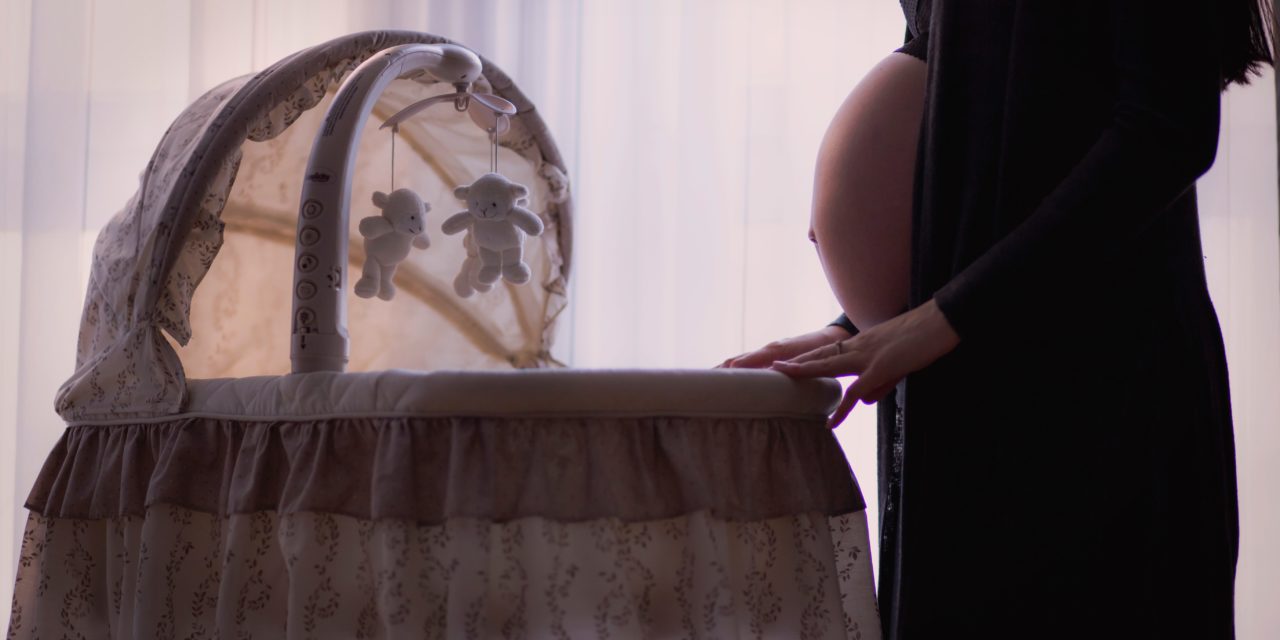Pregnancy and the postpartum can be times of joy and positive expectations but also of stress and difficulties as new and expectant mothers are left more vulnerable to anxiety and depression.
Dr. Mary Kimmel is a perinatal psychiatrist at UNC and the Co-Director of UNC’s Perinatal Psychiatry Program. She said Perinatal Mood Disorders is an umbrella term that relates to mood and anxiety symptoms that occur during pregnancy or up to one year postpartum.
“Originally, people thought pregnancy was protective and then people realized that’s not true,” Kimmel said. “Studies have shown that there is clearly an increase postpartum of women who require a higher level of mental health services but now we’re beginning to understand as we focus more on anxiety that anxiety in pregnancy is also very common.”
Kimmel said one in five women experience anxiety or depression during or post pregnancy.
Depression that occurs during pregnancy, or within a year after delivery, is called Perinatal Depression. While many women have a variety of mood symptoms in the aftermath of delivery, Kimmel said 80 percent of women feel Postpartum Blues or “Baby Blues” for a short time. However, these symptoms usually subside one to three weeks after delivery and should not be mistaken for Postpartum Depression.
Postpartum Depression occurs in up to 10 percent of births. According to UNC’s Department of Psychiatry, it typically emerges over the first two to three months after childbirth but may occur at any point after delivery. Symptoms of Postpartum Depression last for more than two weeks. Kimmel said depression after childbirth is a serious illness and can have significant and lasting impacts on the patient, infant and family.
“Moms deserve to be healthy for the baby and healthy mom means healthy baby,” Kimmel said. “But, moms also deserve to be healthy because she deserves to be healthy and she is a person and a person who is navigating all these things and deserves help and support and deserves to feel good.”
Kimmel said it is natural for women to experience changes in their feelings and mood during and after pregnancy, including feeling more tired, irritable or worried. However, while mild mood changes during pregnancy are common, mood symptoms can sometimes become severe enough to require treatment by a health provider.
When looking at the likelihood of new or expectant mothers developing a Perinatal Mood Disorder, Kimmel said there are several risk factors – including substance abuse, a family history of mental illness, a history of trauma and inadequate social support from family and friends.
“These are medical conditions that can run in families,” Kimmel said. “We know all these risk factors across a population that increase the risk of having a depressive episode post-partum, but even doing that we can’t predict on an individual level. But, one of the strongest factors across a population is family history – which I think points to that these are medical conditions. Just like hypertension can run in families and diabetes can run in families, Postpartum Depression can run in families.”
Kimmel said it can be very difficult to recognize or admit feelings of depression or anxiety at a time when moms are supposed to be happy. Despite the stigma, she wants people to realize that Perinatal Mood Disorders like Postpartum Depression are treatable, medical conditions.
“I think it’s important to recognize that a lot of the treatments we use – a lot of the medications we use – therapy types we use – are the same evidence based treatments that we use for other times in life,” Kimmel said. “But, I think women appreciate being able to talk about some of the unique things that are going on in terms of figuring out becoming a parent. It’s helpful to have those evidence-based treatments but also the space to talk about unique things that are going on in the perinatal period.”
For more information on UNC’s perinatal psychiatry program, click here.
Check out the last issue of “Addressing Taboo Topics” regarding America’s Opioid and Drug Overdose Epidemic here.
Have a taboo topic that you feel needs to be addressed? Send your ideas to elle@wchl.com.
Chapelboro.com does not charge subscription fees. You can support local journalism and our mission to serve the community. Contribute today – every single dollar matters.












